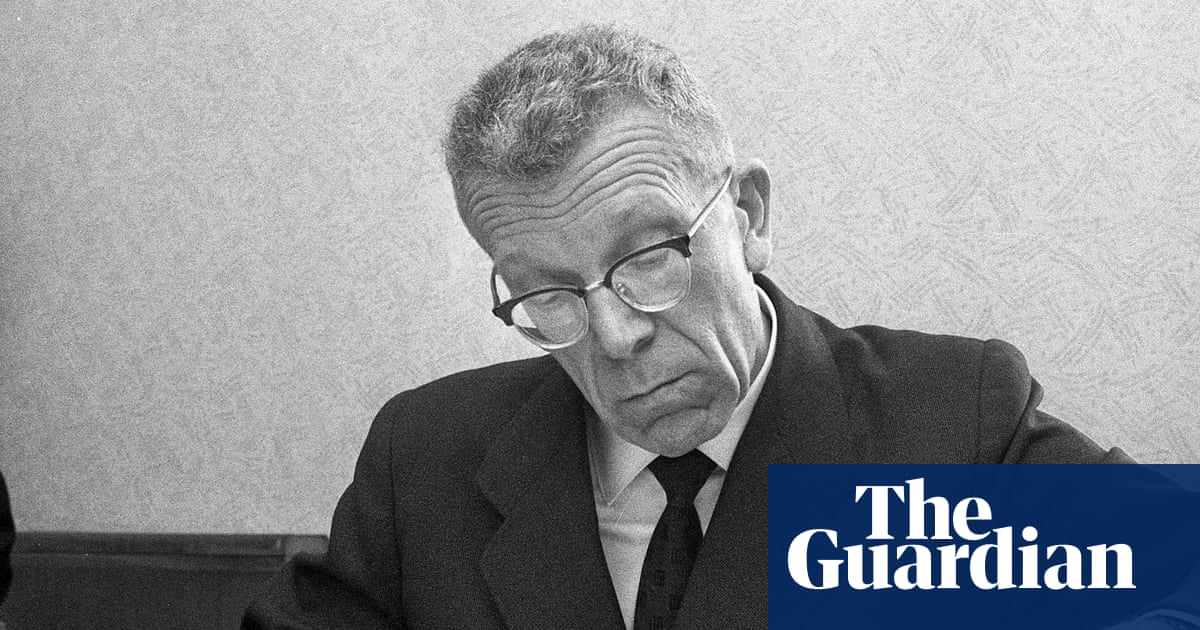
"In 2015, I decided to write a novel about Dr Hans Asperger, who worked at the University Children's Hospital in Vienna during the second world war. My interest was sparked by two nonfiction books: NeuroTribes: The Legacy of Autism and How to Think Smarter About People Who Think Differently by Steve Silberman and In a Different Key: The Story of Autism by John Donvan and Caren Zucker. Reading these stories told about Asperger, you would have thought they were talking about two different people."
"As I read about the work that he and his colleagues were engaged in at the Vienna children's hospital, it was clear that their thinking was years ahead of its time and remains relevant today. Questions were being asked about where the line falls between disease and difference. Diagnosis was rejected because each child was genuinely seen as unique. Everything depended on finding the right educational approach and providing the best sovereign care."
"When Asperger signed the paperwork, he must have known it was effectively a death warrant At the heart of this work were the words of Asperger's predecessor Erwin Lazar: What gift is the child offering us? All of this sounded so caring and empathetic. It couldn't be true that Asperger was a Nazi collaborator? I set out for Austria to meet Prof Herwig Czech of the University of Vienna, who has spent years researching Austria's involvement in the me"
Dr Hans Asperger worked at the University Children's Hospital in Vienna during the second world war. Conflicting portrayals present him alternately as a compassionate, original thinker and as an enthusiastic supporter of Hitler. A wartime thesis by Asperger described what is now categorised as autism spectrum disorder; the thesis was lost for decades and rediscovered in 1980. Asperger was later claimed as a father of neurodiversity. The Vienna team's practice emphasised each child's uniqueness, rejected diagnostic labeling, and prioritized tailored education and sovereign care. Evidence that Asperger signed paperwork effectively amounting to a death warrant raised questions about his wartime conduct and prompted further research in Austria.
Read at www.theguardian.com
Unable to calculate read time
Collection
[
|
...
]